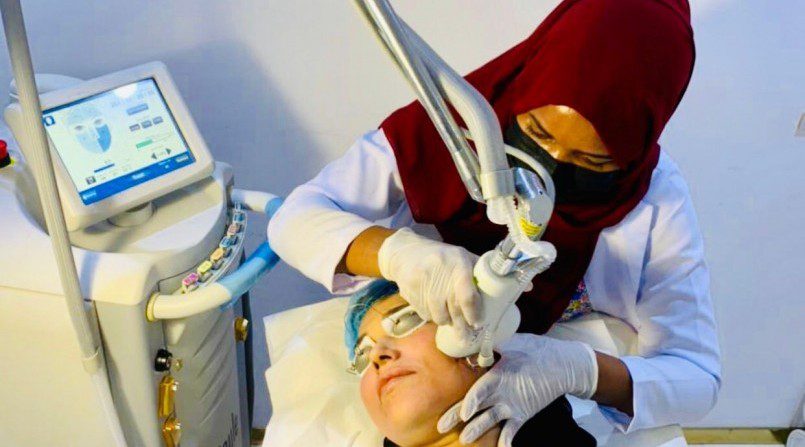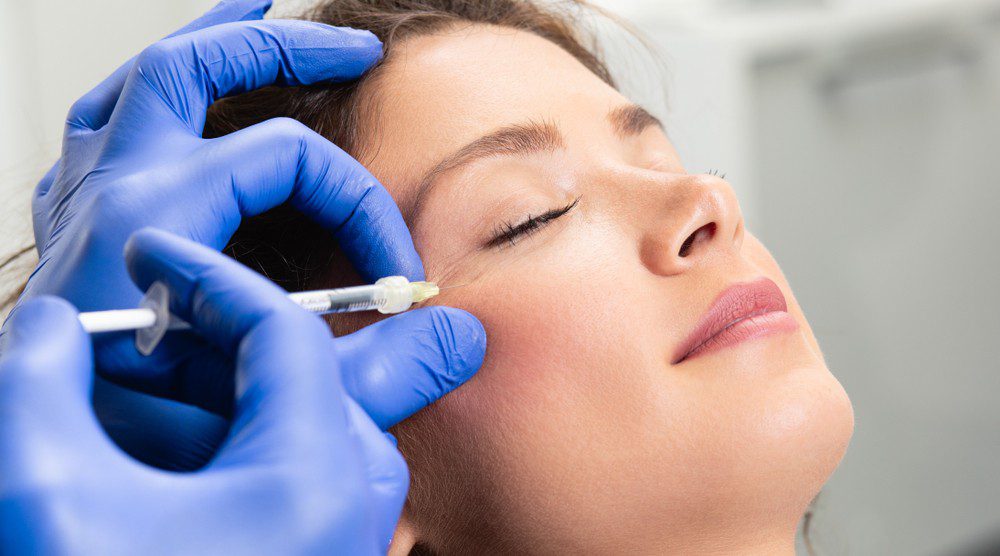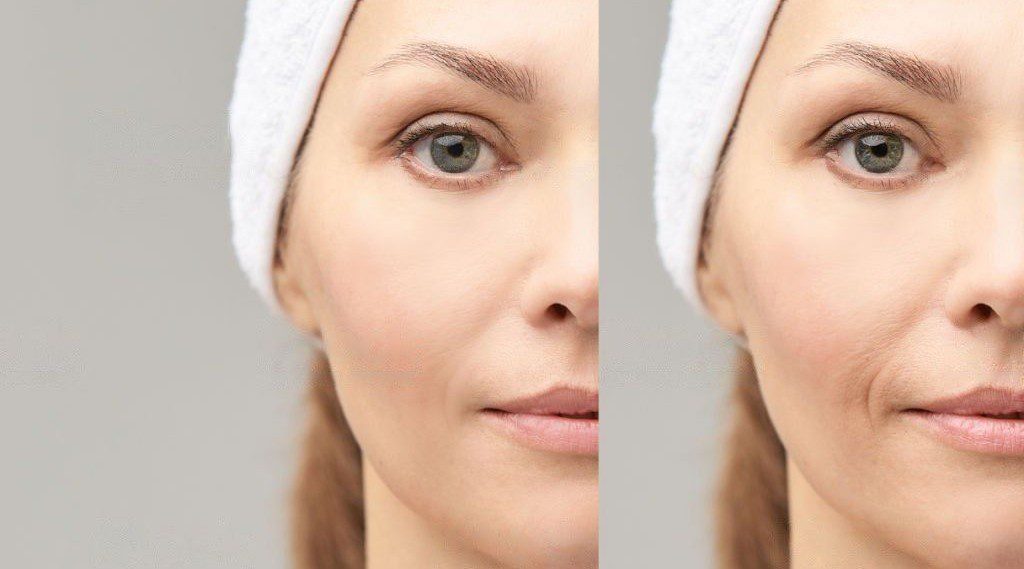Hair Loss in Women - Causes & Treatments:

What is Hair Loss in Women?
Hair loss in both men and women is medically known as Alopecia. It is a medical condition that refers to the thinning and shedding of hair on the scalp or other areas of the body. The severity ranges from thinning of hair to bald spots. According to statistics, two-thirds of women around the world are suffering from thinning of hair or total baldness after menopause. It is important to understand the root cause and underlying factors to plan appropriate treatment addressing the problem appropriately.
Also Read - Alopecia Solutions: How Our Technicians Can Help with Hair Loss
What are the cycles of hair growth in women?
Hair growth occurs in three stages:
- Anagen Phase is the hair-growing stage, where in the hair follicle is actively producing new hair. It determines the length of the hair strand.
- The Catagen Phase is the transition stage, the hair is transitioning from active growth to the resting phase. The hair growth slows down and the hair follicle shrinks.
- Telogen is the last stage of the hair cycle, the hair is in the resting phase. Hair will no longer grow but will stay until it falls out.
How common is hair loss in females?
Women of all ages can be affected by hair loss problems. Studies have shown that up to 40% of women experience hair loss by the age of 50 or after the menopausal stage. Many contributing factors have been identified that can cause hair loss and thinning of hair.
Female-Pattern baldness: What to expect?
Female-pattern baldness, also known as androgenetic alopecia, is the most common type of hair loss in women. It typically begins with diffuse thinning over the top of the head and may progress to more noticeable bald spots. Unlike male-pattern baldness, women usually retain their frontal hairline. It is a gradual process that can start as early as the 20s but is most commonly observed in middle-aged women.
Causes of hair loss in women:
Hair loss in women is a complex medical issue that requires holistic understanding of various factors that may cause the problem. It is important to address directly the underlying cause to properly treat hair loss.
- Genetics: A family history of hair loss can increase the likelihood of experiencing it.
- Hormonal Changes: Menopause, pregnancy, hormonal imbalance.
- Medical Conditions: Autoimmune diseases, PCOS, and Thyroid Disorders.
- Nutritional Deficiencies: Malnutrition and lack of essential nutrients, such as iron and vitamin D, can impair hair health.
- Stress and Trauma: Physical or emotional stress can trigger temporary hair loss, known as telogen effluvium.
- Treatments: Chemotherapy, radiation therapy, and chemical hair treatments.
Types of Hair Loss in Women:
There are various types of hair loss conditions that women may experience. These can be identified based on the pattern of baldness, severity and nature of the condition.
- Androgenetic Alopecia: Characterized by thinning hair on the top of the head or from the hairline.
- Telogen Effluvium: Temporary shedding of hair due to stress, illness, or hormonal changes.
- Alopecia Areata: Autoimmune condition causing sudden, patchy hair loss.
- Traction Alopecia: Hair loss caused by hairstyles that pull tightly on the hair.
Types of Hair Loss Treatment for Females
SKIN111 offers the most advanced hair loss treatments for women which provides long-lasting and transformative outcomes. There are a wide range of approaches that can be combined to restore hair growth and maintain healthy-looking hair.
- Medications: Minoxidil and Finesteride solution are commonly used to stimulate hair growth and prevent further hair loss. It can be injected or applied topically.
- PRP (Platelet-Rich Plasma): Platelet-Rich Plasma contains growth factors that stimulate hair follicles, improve circulation, and encourage hair regrowth. It can be injected into the scalp, or administered with the use of micro-needling devices.
- Mesotherapy: Mesotherapy involves injecting a mixture of vitamins (such as Biotin, Panthenol, and Pyridoxine HCl) into the scalp to reduce hair fall. This hair loss treatment for women provides nutritional supplement to the scalp and hair roots.
- Exosome Therapy: Exosome hair therapy, such as the (ASCE+) HRL,. Exosomes support the growth phase of hair through 1008 different types of proteins and growth factors. Allogenic exosomes derived from Mesenchymal stem cells is also an effective hair loss treatment for women that mimics the properties of a stem cell.
- Stem Cell therapy: Stem cell therapy for hair loss involves using stem cells to stimulate hair follicles, reduce hair fall, and promote hair regrowth. Both Autologous and Allogenic stem cell therapy are available. The Allogenic stem cell therapy is best recommended since it provides readily available healthy, young and viable stem cells.
- Acell Regrowth therapy: Acell Regrowth Therapy is an FDA-approved, minimally invasive treatment suitable for both men and women. It is a regenerative hair restoration treatment designed to stimulate hair growth and improve hair quality in individuals experiencing hair loss or thinning. Acell ECM (Extracellular Matrix) is applied topically or injected into the scalp to promote the regeneration of hair follicles and improve the overall health of the scalp.
- Hair Transplant day surgery: At SKIN111, our approach is a high-precision FUE (Follicular Unit Extraction). The hair follicles will be implanted singularly at the recipient site, without the need for the patient to shave hence being very convenient and comfortable. It is through our special technique and advance equipment that we made this possible.
- SMP (Scalp Micropigmentation): Scalp Micropigmentation (SMP) is a non-invasive treatment that uses detailed micro-needles to deposit pigment into the scalp, creating the appearance of tiny hair follicles or short hair stubble. This treatment is ideal for those looking to enhance the look of fuller hair or to camouflage thinning areas, scars, or bald patches. SMP can effectively provide the illusion of a fuller head of hair and is suitable for all skin types and hair colors.
Benefits of hair loss treatment for women:
Hair loss is a distressing medical condition for women, considering that hair influences the overall physical presentation. Effective hair loss treatments offer the following benefits:
- Prevents total baldness: Early hair loss treatment for females reverses the progression of the condition and prevents total baldness.
- Regain hair density: Stimulates hair follicle and enhances hair growth.
- Improved self-confidence: Improves cosmetic appearance and alleviates distress caused by the condition.
Prevention for hair loss in women:
Hair loss in women can be prevented and treated with following measures:
- Avoid harsh treatments and hair chemicals that can severely damage the hair.
- Seek medical attention for timely treatment and preventive measures against hair loss.
- Maintain a healthy diet and lifestyle.
- Take supplements and vitamins for hair and skin health.
- Avoid excessive sun exposure and activities.
- Use hair products that are gentle to the hair.
- Avoid hair accessories that impose trauma and stress on the hair.
Conclusion:
Hair loss in women is a common concern that can be addressed through understanding its causes and exploring available treatments. By recognizing the signs, seeking timely intervention, and adopting preventive measures, women can manage hair loss effectively and improve their overall well-being. If you experience significant hair loss, consult a healthcare professional to determine the most appropriate treatment for your condition.
Most Popular:
-

Sciton HALO vs Sciton BBL
Read More »September 20, 2022 -

What is profhilo, and how is it different from fillers?
Read More »September 20, 2022 -

Body contour solutions from SKIN111
Read More »September 20, 2022 -

Does IV GLUTATHIONE therapy work
Read More »September 20, 2022 -

How can an IV drip help you boost your energy
Read More »September 20, 2022